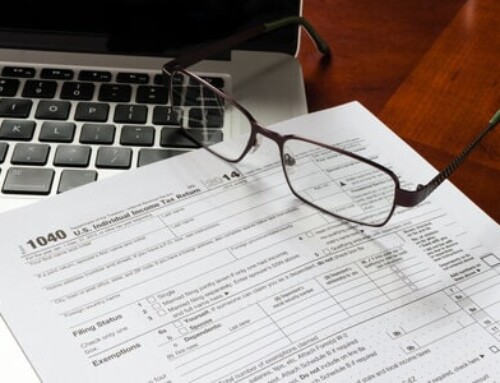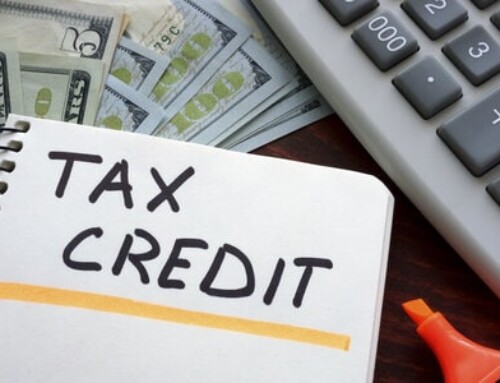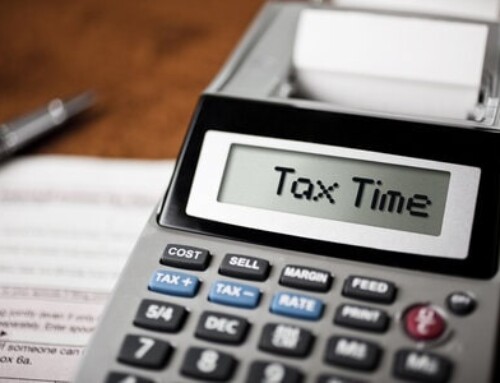 Being self-employed definitely has its perks; you get to be your own boss, set your own hours, and have total control over your work. However, it also means being subject to more in taxes, in addition to possible headaches when it comes time to prepare your tax return each year. If this is your first year working as a self-employed individual, the good news is that we’ve got some tips that’ll help make tax preparation a lot easier on you.
Being self-employed definitely has its perks; you get to be your own boss, set your own hours, and have total control over your work. However, it also means being subject to more in taxes, in addition to possible headaches when it comes time to prepare your tax return each year. If this is your first year working as a self-employed individual, the good news is that we’ve got some tips that’ll help make tax preparation a lot easier on you.
Start Paying Quarterly Taxes
When you’re self-employed, you don’t have taxes coming directly out of your paycheck every other week. Therefore, you’ll need to deduct and pay your own taxes. Specifically, the IRS requires that self-employed individuals pay taxes on a quarterly basis. The due dates are in April, June, September, and January of each year.
Unfortunately, you cannot simply wait until the end of the year and pay your taxes owed all at once; if you do this, you could be subject to a substantial penalty and even interest fees from the IRS.
Take Advantage of Deductions
There are all kinds of deductions and credits out there available to self-employed workers. Perhaps the most popular is that of the home office deduction. If you have a dedicated office within your home that’s used exclusively for your work, you may be able to write-off that portion of your mortgage, and prorated amounts of your utilities, and other expenses directly related to your home based on the square footage of your home office. Keep in mind, however, that in order to claim this deduction, your home office must be used only for work and it must be its own separate room. That means you can’t claim your bedroom if it also functions as your office, and you can’t write off a corner of your living room where your desk is located, either.
Even if you don’t qualify for the home office deduction, there are lots of others that you probably can claim. For example, if you itemize, you should be able to write off your business-related expenses, such as your phone bill, Internet bill, equipment, and even travel.
Keep Detailed Documentation
When you’re self-employed, you need to do thorough and organized bookkeeping, this is important for both internal projection as well as tax preparation. Specifically, you’ll want to keep track of your income from month to month, along with your taxes paid each quarter. If you have income from multiple sources (many self-employed workers do), make sure you track how much you’ve made from each source. This is extremely important when it comes time to do your taxes because, unlike in a traditional position, you won’t be receiving a W-2 with all of your earnings information at the end of the year. You might receive a 1099, which would include your earnings from the issuing client, but you shouldn’t count on this.
Maximize Retirement Contributions
Another potential drawback to being self-employed is that you’re 100% in-charge of planning and saving for your own retirement, and you won’t have contributions from an employer. Consider opening an SEP-IRA, which is a popular retirement fund choice for those who are self-employed. From there, do your best to make your maximum allowed annual contribution, which will help you out in terms of deductions come tax time.
Work With a Tax Professional
Last but certainly not least, consider working with a tax professional to help you with your tax preparation–at least during your first year of self-employment. The process of completing and filing a tax return when you’re self-employed can be a bit complicated and daunting, so it can be nice to have the additional peace of mind of having your taxes prepared by a professional.
We understand that the cost of using a professional can often be a deterrent, Wealth Guardian Tax has extremely competitive rates for tax preparation. Contact us for current rates.
Looking for more advice on your upcoming tax return? Feel free to contact us today!






Leave A Comment
You must be logged in to post a comment.